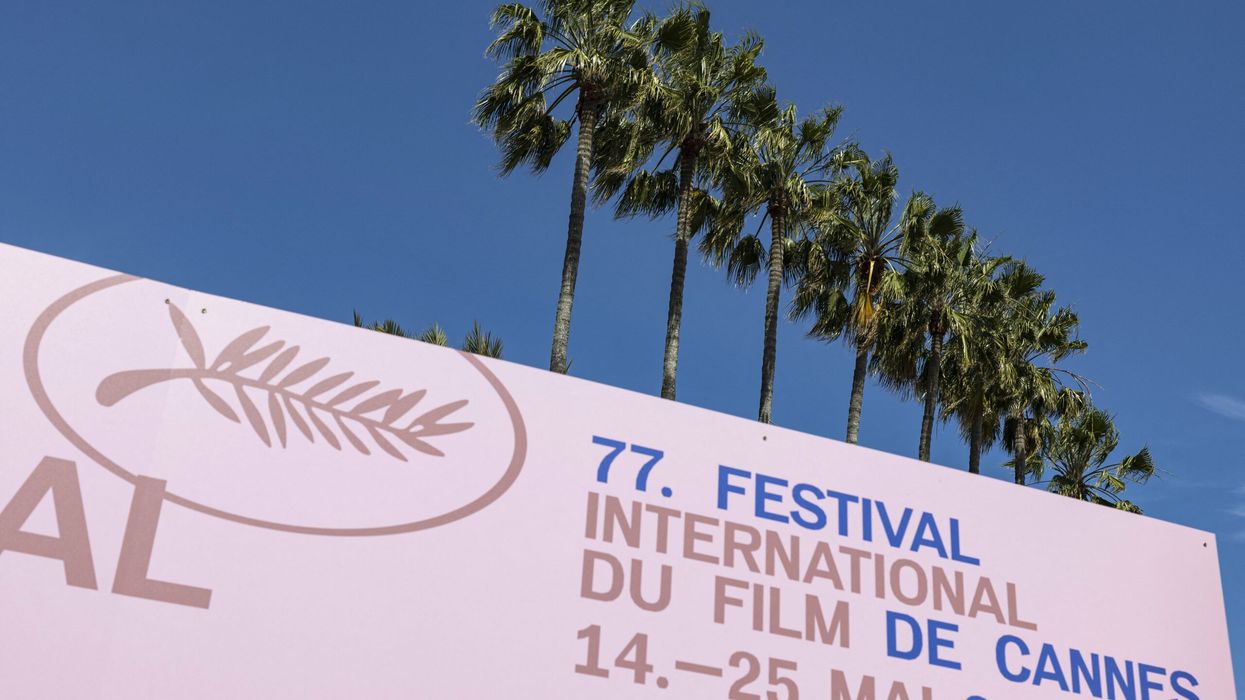Critics' Week is one of the few sections of the 77th Cannes Film Festival that do not officially include an Indian entry. But dig just a little into the selection of the parallel segment and one finds an Indian name attached to an exceptional short fiction film.
The film is Sauna Day, directed by the Estonia-based filmmaking couple Anna Hints and Tushar Prakash.
Tushar Prakash belongs to Delhi. He went to the National Polish Film School in Lodz. He has lived in Estonia since 2020 and straddled two diverse countries and cultures.
Sauna Day, a 13-minute film, is a follow-up to Hints’ award-winning Smoke Sauna Sisterhood, a 90-minute documentary that follows a group of women who, by baring their bodies and souls in a smoke sauna, form a sorority that is way more than skin deep. The critically lauded feature-length film was edited by Prakash.
Sauna Day focuses on two Southern Estonian men who go to a smoke sauna to unwind after a hard day at work. Their desire for connection, although largely unstated, surfaces beneath their masculine exteriors.
Hints, who is a singer-musician in addition to being a filmmaker, says, “The two men in Sauna Day ‘talk’ a lot about mundane issues but not through words. Men tend to avoid intimacy. We wanted to explore their courage to be vulnerable.”
“The challenge,” says Prakash, “was to tell a story without using much dialogue. The film takes recourse to the language of silences and glances, of the unspoken.”
Prakash studied history before doing a short-term filmmaking course in Delhi. That stint helped him meet people from Jamia Millia Islamia.
“They gave me the building blocks that enabled me to understand cinema and its nuances,” he says.
At the cultural centres in Delhi, he watched world cinema masterpieces. He was especially enthralled by Krzysztof Kieslowski's Decalogue and Three Colours trilogy.
In 2007, Prakash became the first ever Indian to earn a seat at the prestigious Lodz film school. He passed out of the school in 2012 and returned to Delhi, where he spent the next few years. Anna and Prakash first met at a workshop and that is how their partnership, in life and in filmmaking, began.
Does Prakash have an Indian film on the anvil? “Yes, of course,” he replies. “As a man, I am Indian-Estonian. As a filmmaker, too, I am Indian-Estonian.”
“Aware of my hyphenated cultural identity, I can be one or the other, or both at the same time, without either of them undermining the other,” he adds.
Hints asserts that “we have an Indian film in our minds, which we hope to start writing soon.”




